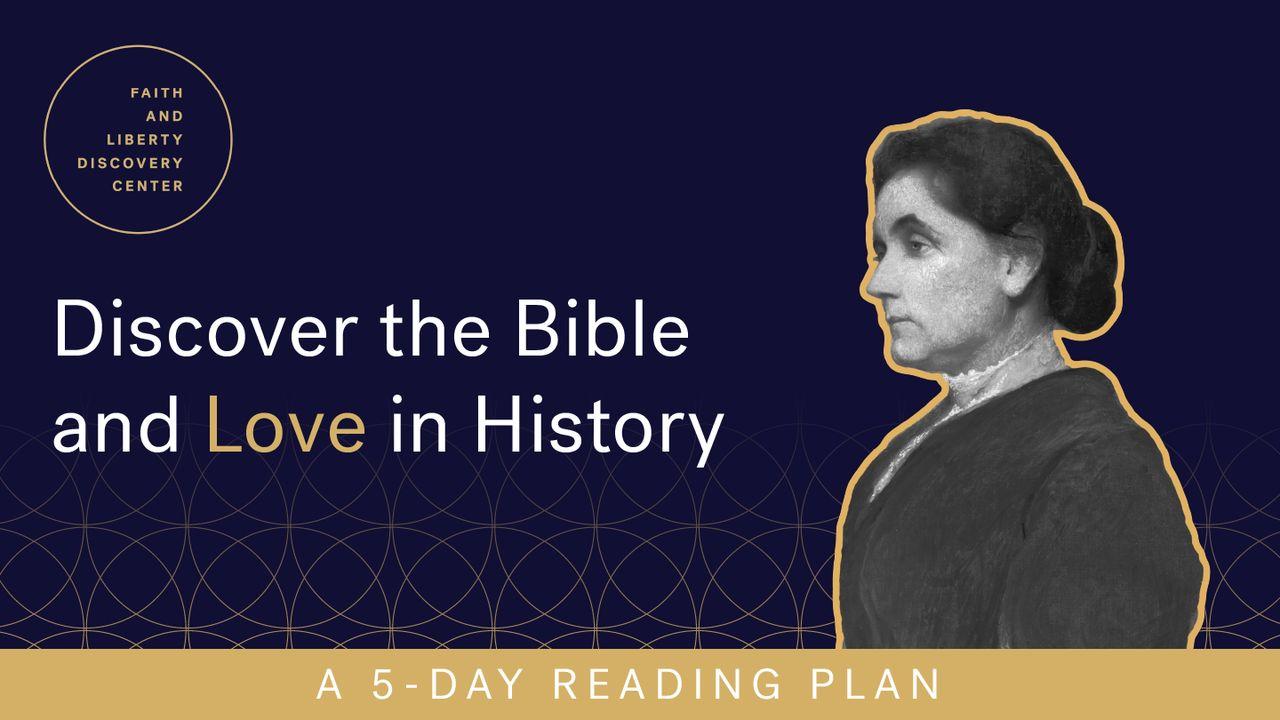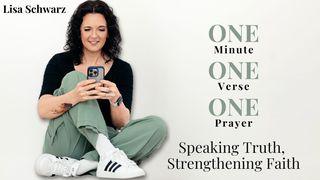Discover the Bible and Love in History Sample

The Tenor of the Gospel
New Jersey’s Elias Boudinot (1740–1821) served as president of the Continental Congress from 1782–83. He also became the first president of American Bible Society in 1816. In this contemporary summary from the Congressional record of a 1790 speech to Congress, he argued against the slave trade, affirming the writings of abolitionist Anthony Benezet and expressing regret that “even the sacred Scriptures had been quoted, to justify this iniquitous traffic” by one of his fellow representatives in Congress.
“It is true that the Egyptians held the Israelites in bondage for four hundred years … [but we] cannot forget the consequences that followed: they were delivered by a strong hand and stretched-out arm [Psalm 136:12], and it ought to be remembered that the Almighty Power that accomplished their deliverance is the same yesterday, today, and forever [Hebrews 13:8]. The New Testament has afforded a number of texts to countenance this doctrine [of slavery], in the gentleman’s [an unnamed delegate] opinion. One would have imagined that the uniform tenor of the Gospel, that breathes a spirit of love and universal philanthropy to our fellow creatures—that commands our love to our neighbor to be measured by our love to ourselves [Matthew 22:39]—that teaches us that whatsoever we would that men should do to us, to do so to them [Matthew 7:12], would have prevented this misapplication. Surely the gentleman overlooked the prophecy of St. Peter, where he foretells, that, among other damnable heresies, ‘through covetousness shall they, with feigned words, make merchandise of you’ [2 Peter 2:3 KJV].”
Reflection
Most abolitionists appealed to Jesus’s teaching on love of neighbor and the golden rule as a primary way to interpret and apply the Bible. In his argument before Congress, Boudinot also turns to another passage from the apostle Peter’s second letter. What do these passages suggest about our responsibility in love?
About this Plan

Americans have always turned to the Bible for wisdom to live together. We argue over how to read and use it, but the Bible has helped shape our values and institutions. In this plan you will read the Bible as a freedom text alongside five voices from our past, focused on the value of Love. Discover fresh takes on the Bible, and inspiration for facing today’s challenges.
More
We would like to thank Faith and Liberty Discovery Center for providing this plan. For more information, please visit: http://faithandliberty.org
Related Plans

The Chosen + BibleProject | Season 5 Reading Plan

Grieving Doesn't Mean You Have to Let Go

Reading With the People of God #14 Proverbs

One Minute, One Verse, One Prayer: Truth & Faith

Forgive and Be Free

Abide

Nothing Withheld

Living in the Tension: A Study on the "Now and Not Yet" Kingdom of God

When God Is Silent: Finding Faith in the Waiting
